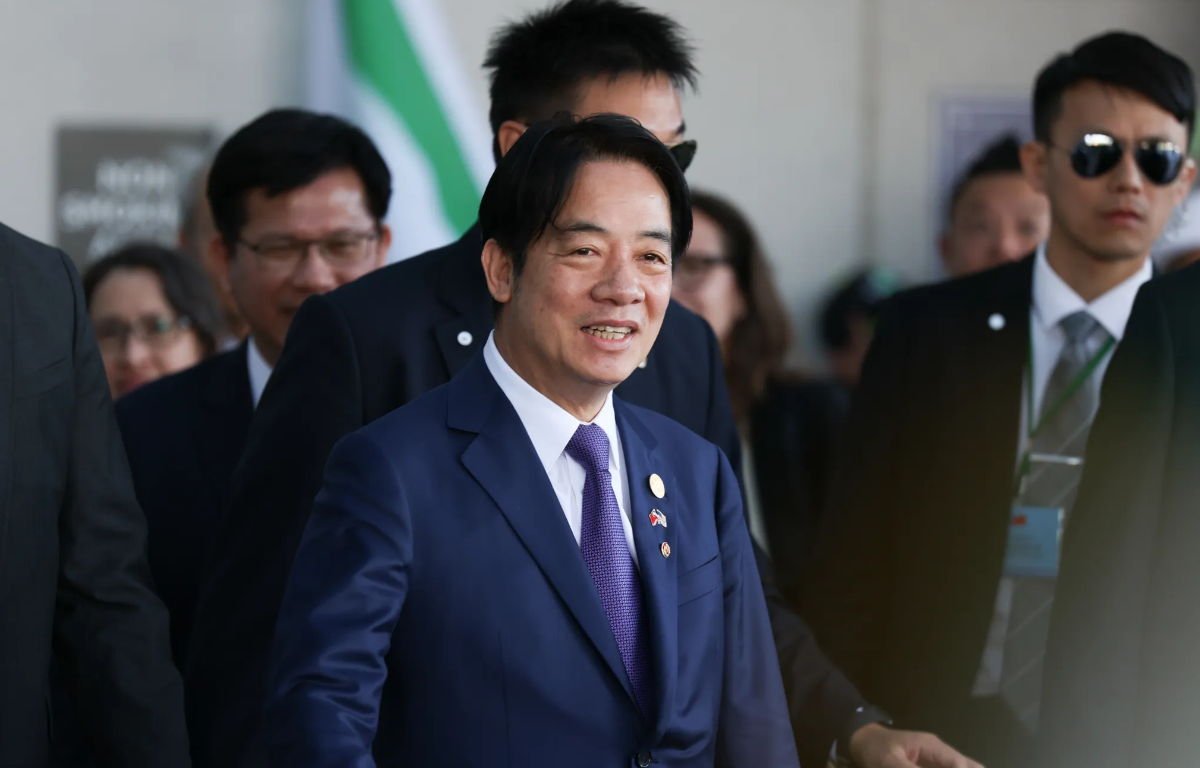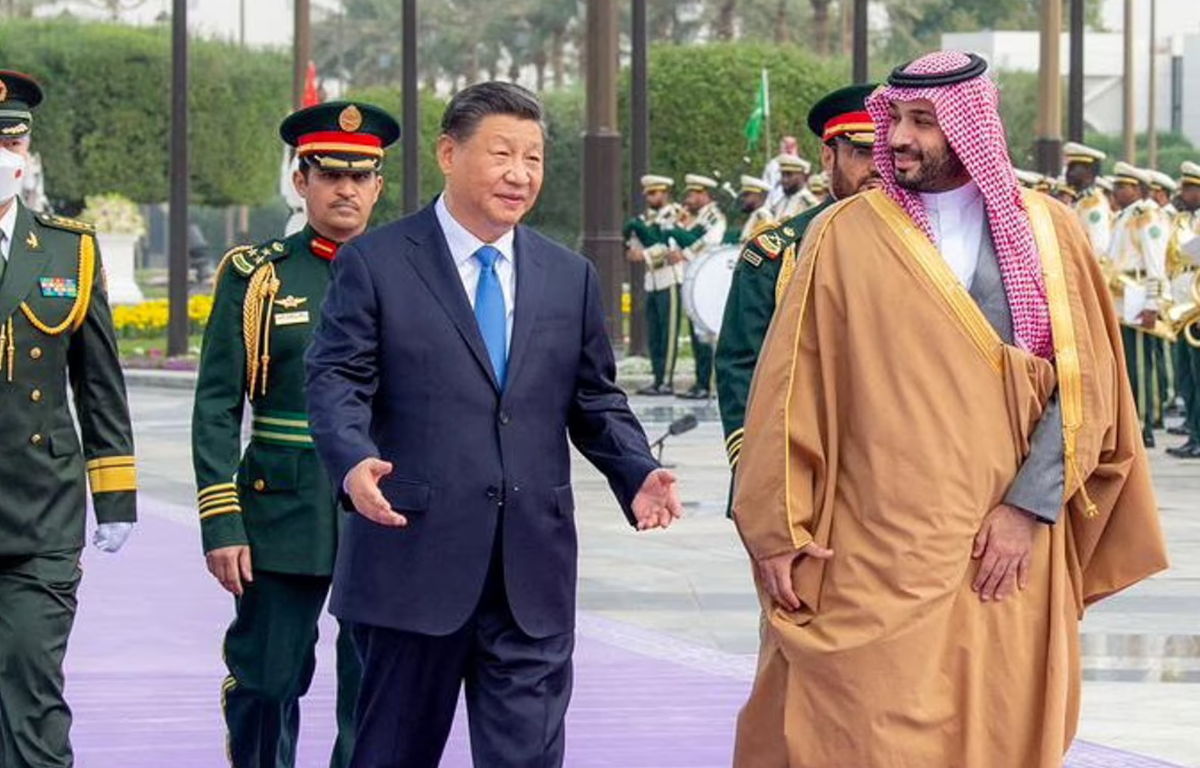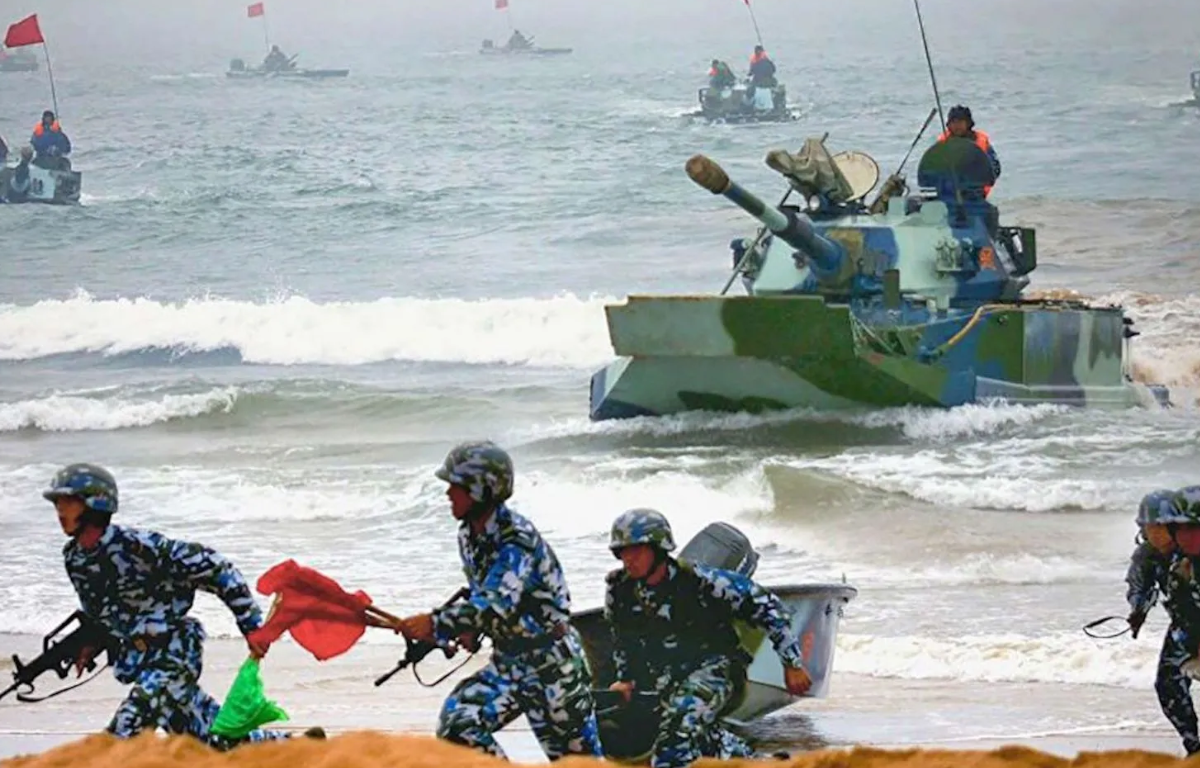
China’s new map, which claims a vast portion of the South China Sea and other disputed territories, has raised significant concerns among neighboring nations. This map, widely seen as an assertion of territorial claims, has escalated tensions in regions already marked by long-standing disputes over land and maritime boundaries. China’s expansive claims have been a source of contention for years, but the release of this new map has reignited these disputes and raised questions about China’s intentions.
Japan, a nation that has itself been embroiled in territorial disputes with China, has responded to the new map with a combination of calmness and resoluteness. Japanese officials have reiterated their stance on the disputed Senkaku Islands (known as Diaoyu Islands in China) in the East China Sea, stressing that they are an inherent part of Japan’s territory.
Japan’s measured response is indicative of its commitment to resolving conflicts through peaceful means and adhering to international law. It emphasizes the importance of open dialogue and diplomacy in addressing territorial disputes, rather than resorting to aggressive posturing.
India, another key player in the region, has firmly rejected the new China map, which claims parts of the Indian state of Arunachal Pradesh. India, like Japan, has emphasized its adherence to international law, asserting that Arunachal Pradesh is an integral and inalienable part of its territory.
India’s response underscores the significance of upholding the principles of sovereignty and territorial integrity in international relations. It signals India’s determination to protect its borders and interests through diplomatic means while avoiding confrontation.
Japan and India are not alone in rejecting China’s new map. Several other nations, including Vietnam, the Philippines, and Indonesia, have expressed their concerns and opposition to China’s territorial claims. This collective response highlights the shared commitment of these nations to upholding international law and resolving disputes peacefully.
International organizations, such as the United Nations and the Association of Southeast Asian Nations (ASEAN), have a crucial role to play in mediating and facilitating discussions between nations involved in territorial disputes. These organizations can provide a platform for dialogue and promote conflict resolution through diplomacy and legal means.
The controversy surrounding China’s new map serves as a stark reminder of the importance of cartography in international relations. Japan and India’s calm and resolute responses, backed by international solidarity, emphasize the need for peaceful conflict resolution and adherence to international law in resolving territorial disputes. In an increasingly interconnected world, diplomacy and dialogue remain the preferred methods for addressing such contentious issues, avoiding the potential for conflict and instability in the region. The situation underscores the ongoing need for open channels of communication and a commitment to preserving peace and stability in the face of territorial disputes.










Share this: